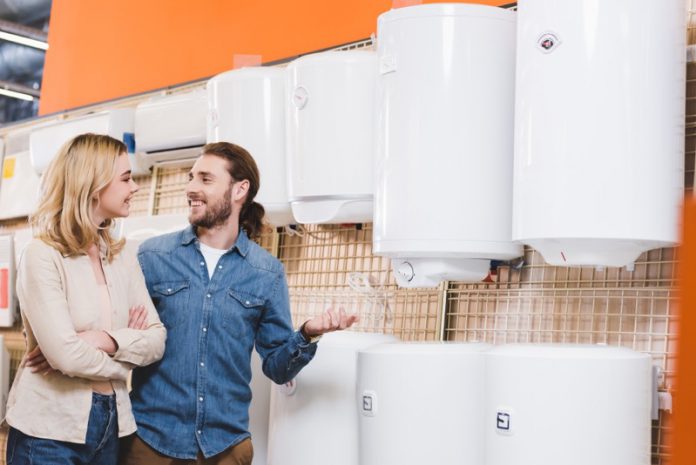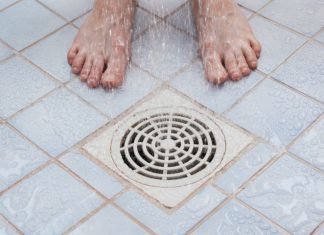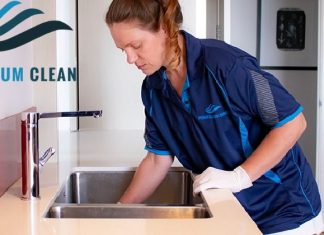Having a new hot water system installed in your home may seem like an overwhelming project, especially if you aren’t too sure where to begin. It’s also challenging to know what features to look for in the different systems and what could make one system better.
That’s why we put together this list of the top 3 tips for selecting the best hot water system.
1. Pick a Size
You will want to consider the size of the hot water system because you want to make sure you have enough hot water to accommodate your home.
Before choosing the size of the system you need, you need to know how much hot water you use regularly. If you have a small family, such as 1-3 people, you will probably only need a small or medium-sized hot water system. This will save you money on installation and energy costs. If you have a larger family or run a business out of your home, you will want to invest in a more extensive hot water system.
2. Decide on a Type
There are multiple types of water heaters, but the main ones are electric, gas, solar, and heat pumps.
a. Electric hot water systems are the most common type of system in homes. They are generally more economical than gas or heat pump systems, but the initial costs are a little higher. These systems are usually cheaper upfront, but they are less energy efficient.
Homes that have newer plumbing systems with a source of electricity nearby commonly use electric hot water systems.
b. Gas hot water systems are very efficient and have a low operating cost compared to other hot water systems. They are also straightforward to install. They are also very efficient, and they are easier to install than electric systems.
Homeowners often install gas hot water systems in homes that have existing gas lines.
c. Solar hot water systems use the sun’s energy to heat water. They require minimal maintenance and are cheaper to run than gas systems. Solar hot water systems are an excellent option for those who don’t want to spend money on energy.
In Australia, around 1.3 million homes have a solar hot water system. It is also an excellent choice for those who don’t want to be tied to the gas or electricity grid.
d. Heat pump hot water systems are very efficient and cost-effective. They can save you money on your energy bills and can even pay for themselves over time.
In Australia, heat pump hot water systems are commonly used in commercial buildings and are becoming increasingly popular. The technology is now available for use in the residential market. The heat pump hot water system is an excellent option for homes not connected to the mains gas network.
A heat pump water heater will use your existing hot water in a tank to get it to a higher temperature. The system will then store the hot water and use it throughout the day.
3. Know the Difference: Storage vs. Continuous Flow.
a. A storage water heater has a storage tank that stores hot water. These are usually under the home or in the shed. Coldwater is pumped through the unit, creating heated water for your home. Then, the heated water finds home in your shower, bathtub, dishwasher, or laundry machine.
b. A Continuous flow water heater heats the water as it is running through it. In other words, the water in the heater is constantly being heated to the desired temperature. Even though that sounds like it requires a lot of energy, the truth is that all water heaters use a good deal of energy. However, continuous flow water heaters can produce hot water faster than storage water heaters.
Conclusion
It can be confusing at first, but choosing a new water heater isn’t too hard. If you follow these three tips, you’ll be on the right track to picking the water heater that your home needs. Your water heater system is an important part of your home and can have a lasting impact on the structure of your day. We hope that this guide can help you find the water heater you’re looking for.














